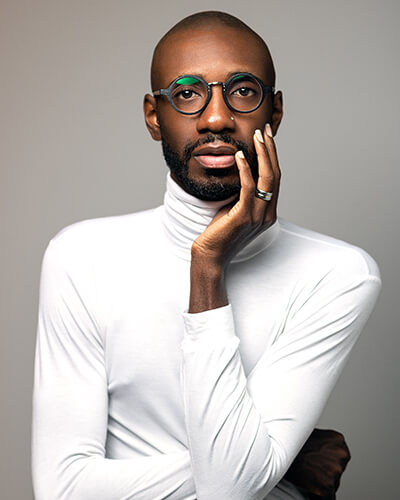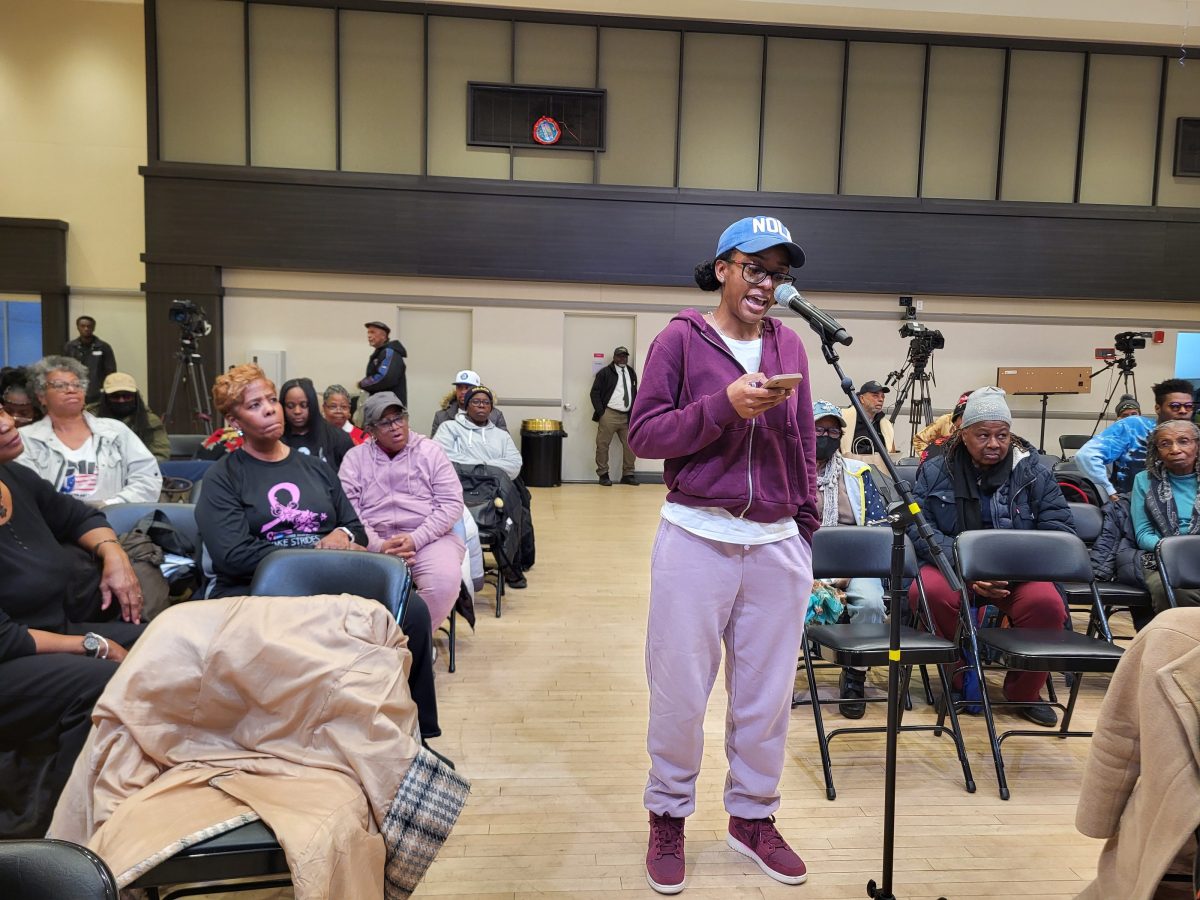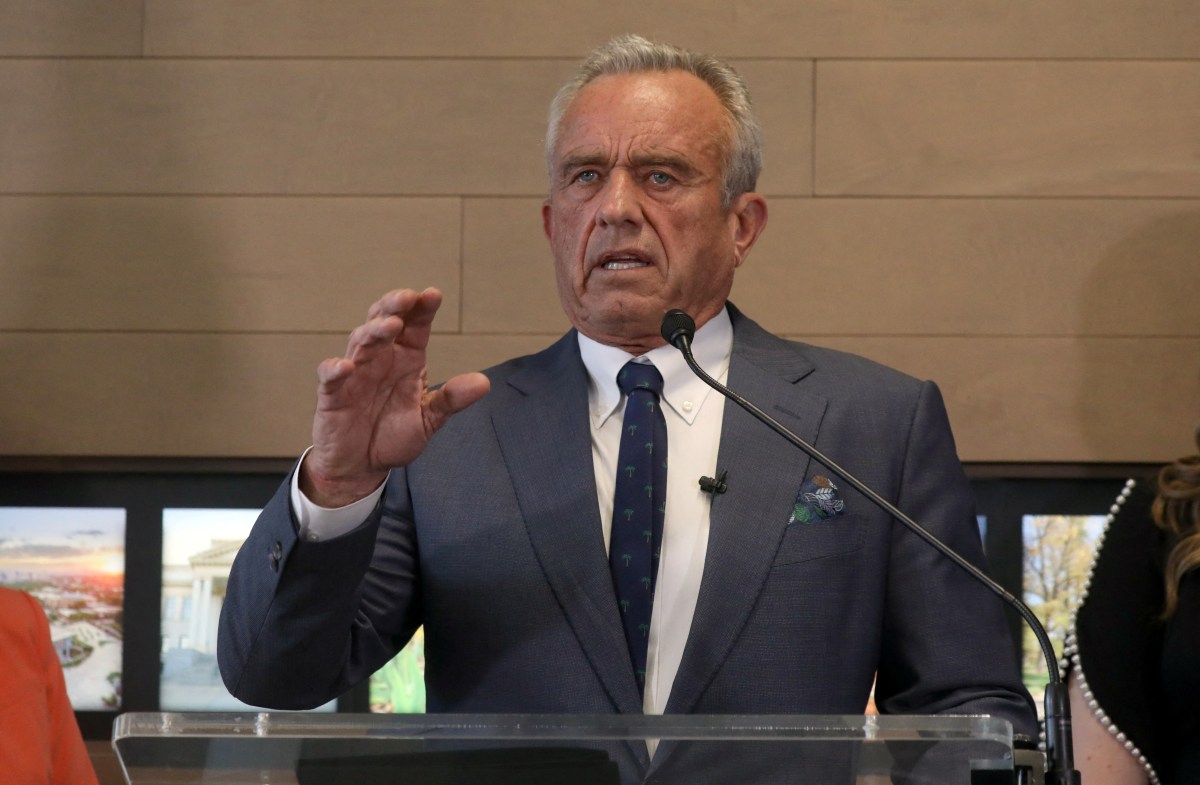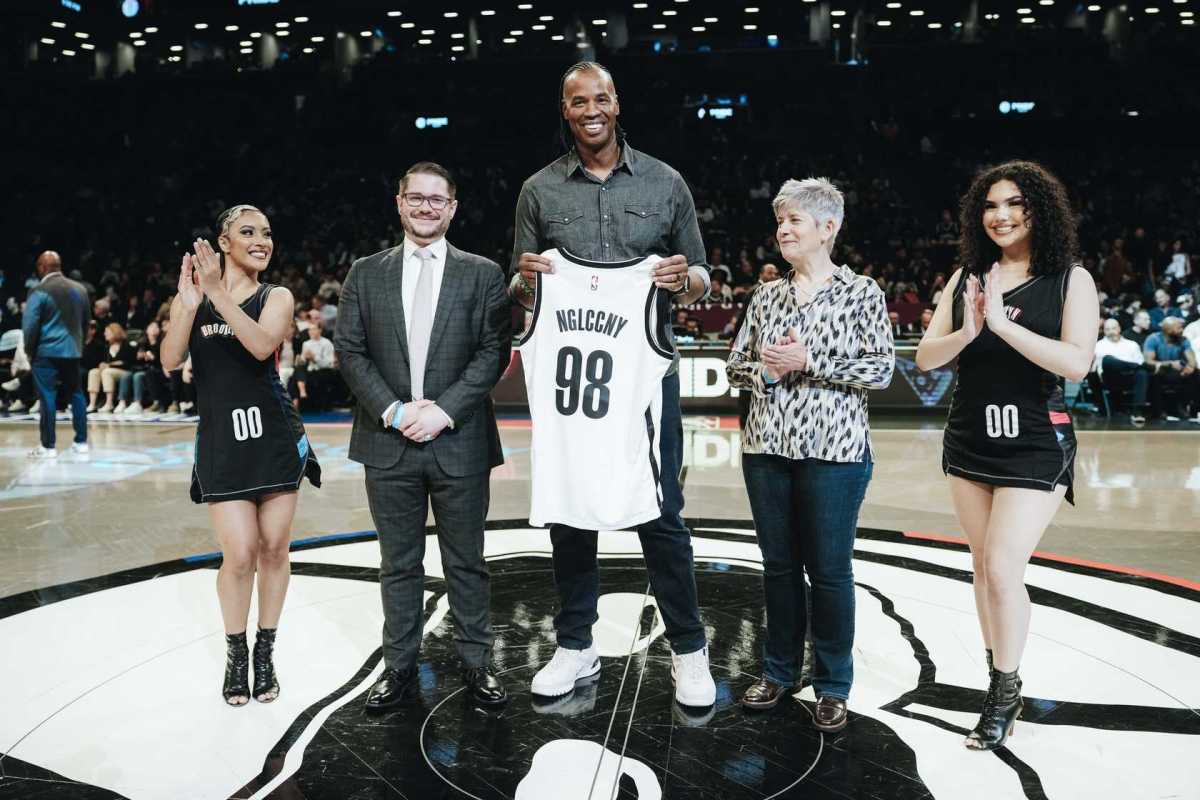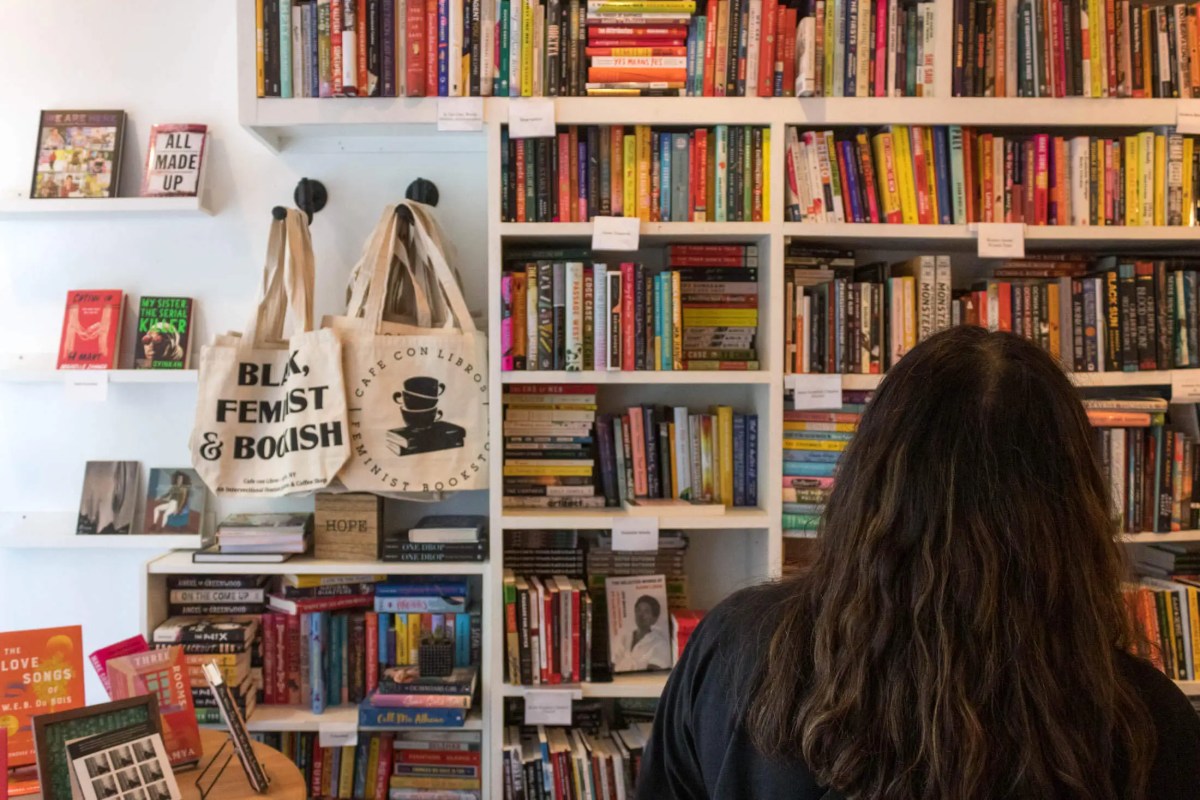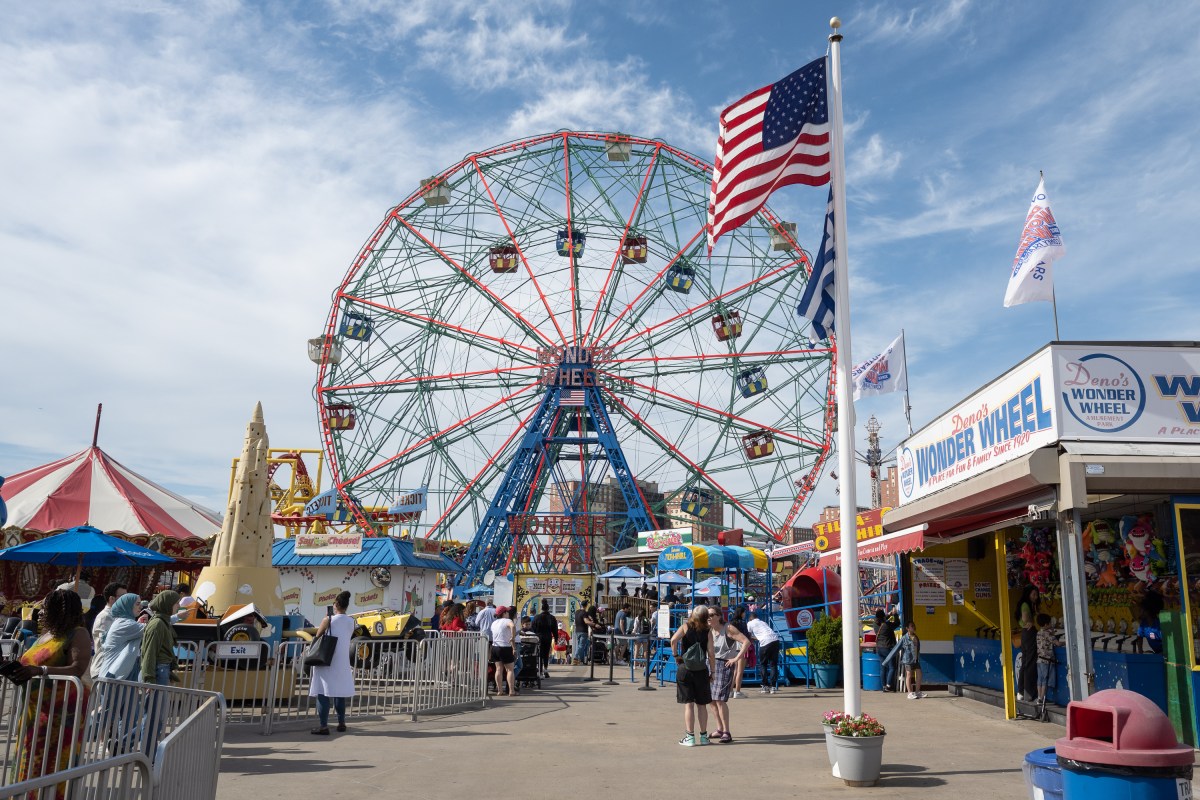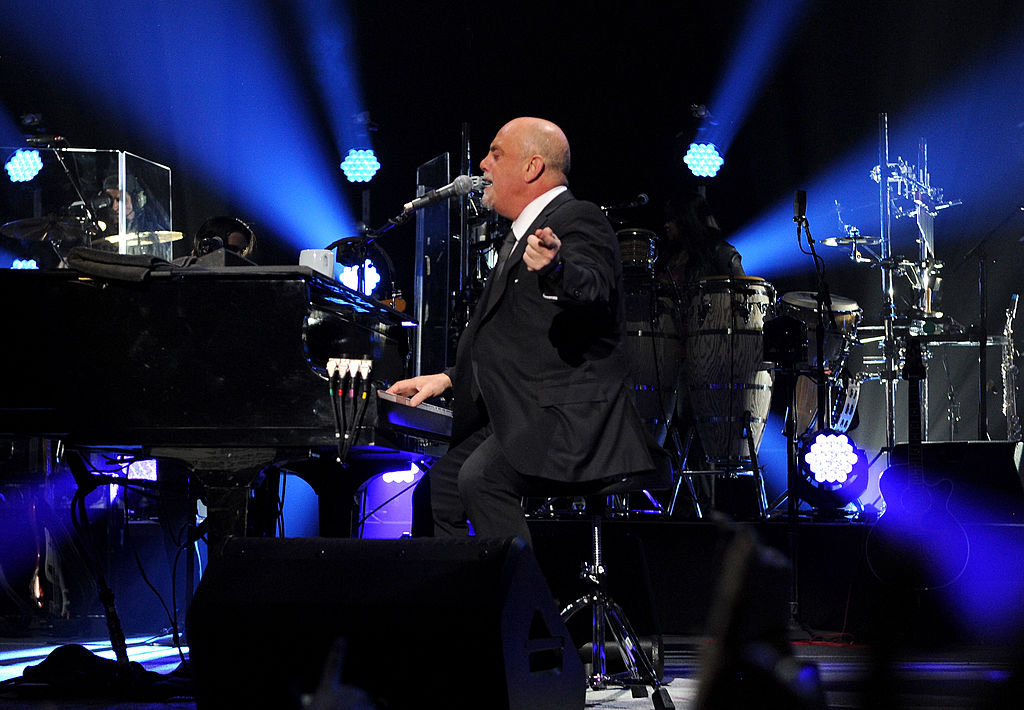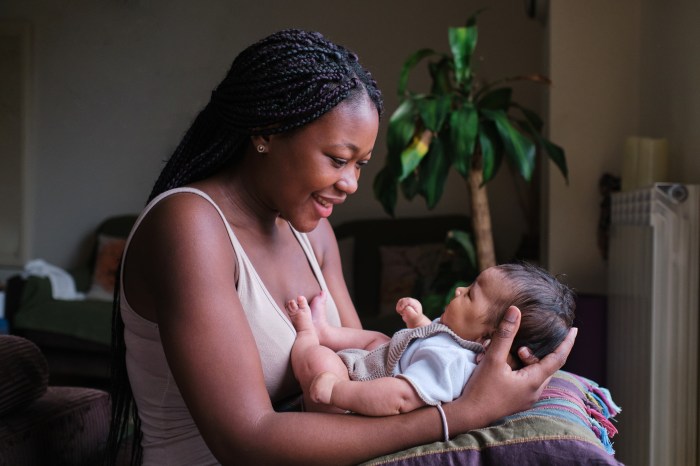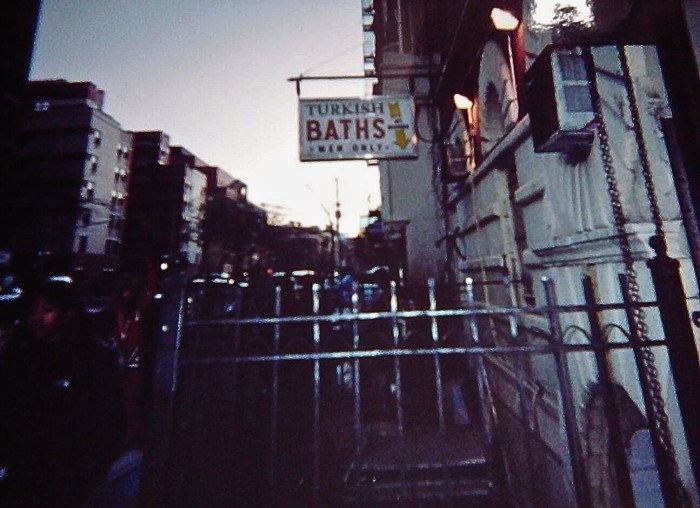BY DAVID KENNERLEY
Donja R. Love is finally having a moment. His scorching drama, “One in Two,” about queer Black men coping with being HIV-positive, was a bona fide hit earlier this season. But the modest New Group production had a limited run and was somewhat overshadowed by splashier fare with bold racial themes like “Slave Play” and “A Strange Loop,” which went on to win the 2020 Pulitzer Prize for Drama.
On June 12, “One in Two” enjoyed a revival of sorts. The play landed a coveted primetime spot in the Pride Plays festival and was live streamed on Playbill.com, reshaped for the Zoom format. The superb original cast of Jamyl Dobson, Edward Mawere, and Leland Fowler reprised their roles. Malika Oyetimein helmed the virtual production, which doubled as a benefit for Broadway Cares/ Equity Fights AIDS.
Donja R. Love stands tall at the intersection of Gay Pride and Black Lives Matter
Not that being forced to produce online was a drawback. The surreal quality of the play, originally staged in a vast white box, lends itself nicely to multiple white boxes. So does the interactive aspect, since viewers were able to type comments in real time. The play holds up surprisingly well in this format and has the potential to reach a much wider audience.
The timing couldn’t be better. This is LGBTQ Pride Month after all, in the year we celebrate the 50th anniversary of the first Pride parade, the 1970 Christopher Street Liberation Day March, a civil rights protest. The piece centers on a viral pandemic with striking parallels to today’s COVID crisis. And of course, given that America and beyond are being galvanized by the Black Lives Matter revolution, Love’s voice is more vital than ever.
The play’s title, as it happens, refers to a little-known yet alarming statistic from a 2016 study projecting that one in two Black gay or bi men will be diagnosed with HIV in their lifetime. In contrast, only 1 in 11 of their white counterparts will test positive.
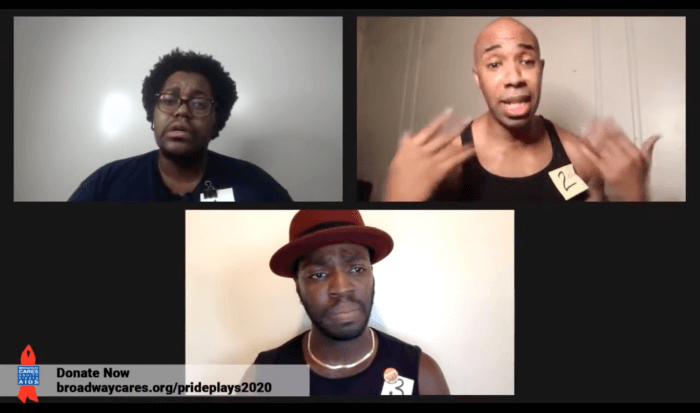
Love thought the figure so preposterous he decided to write an absurdist tragicomedy about it. “One in Two” is based on his own harrowing experiences after testing positive more than a decade ago. This neglected segment of the population deserves to have its story told.
The award-winning playwright was recently spotlighted in The New Group’s online series, “Why We Do it,” having a dialogue with his mentor, queer Black rights activist John-Martin Green, the creator of a variety of theater initiatives. They discussed Love’s impetus for writing the play and the importance of fostering community.
“I was diagnosed with HIV on December 13, 2008,” Love said. “I had to navigate through the stigma that has been placed on me and our community. I’m still navigating through it.”
Green agreed that there are multiple stigmas to overcome — being queer, being HIV-positive, and being a Black male. All while fighting an intense self-loathing. The salvation for both men was connecting with like-minded individuals.
“I don’t know who I would be, I don’t know where I would be, if it were not for my community,” said Love. “I’m speaking specifically to my Black community, my queer community, my HIV-positive community, and my intersectional Black queer HIV-positive community.”
According to Love, it was this need for kinship that propelled “One in Two” into the world. In December 2018, about 10 years after he was diagnosed with HIV, he was distressed to realize the depression and shame had not only lingered but was growing stronger.
That’s when he started writing the play, recalling fraught scenarios from his life — disclosure to his ex-boyfriend and to his mother, sloppy nights alone in gay bars, attending an HIV support group, coping with debilitating side effects from meds, and wild hookups with dudes from Grindr. When he finished the play, he simply left it buried in his phone, not showing it to anyone.
“I decided it would be between me and the Lord and that would be it,” Love said.
But then he met a young Black man who recounted his own devastating journey after being diagnosed with HIV. He shared stories about his dependency on alcohol, how he used sex to numb himself, how he stopped taking his meds. Love was thunderstruck because it mirrored what he went through.
“In that moment, I realized this play does not belong to me. It belongs to my community,” he said.
In light of the current Black Lives Matter movement, “One in Two” resonates even more acutely.
“We must liberate ourselves from the shame and stigma and all of these oppressive systems that literally try to take us out,” said Love. “I firmly believe that the reason that the statistic is one in two has very little to do with sexual activity and has so much to do with the intersection of white supremacy and anti-blackness. We see that in the most extreme ways of healthcare professionals not paying attention to us, not listening to us, honestly not giving a damn about us.”
Lack of funding is a major roadblock. As Love sees it, long-established groups like Gay Men of African Descent or the Black AIDS Institute still have to beg for resources. They are rarely included in the conversation. Meanwhile, predominantly white organizations like GMHC and ACT UP have thrived. There is a vast inequity.
The development process for “One in Two” was painful for Love because he had to witness some of the most traumatic moments in his life being played out for all to see.
“I had to sit through individuals, rightfully so, questioning, analyzing, unpacking, and at times challenging certain moments in my life,” he explained. “I had to learn how to hold space for Donja the soul and the spirit. And how to also show up as an artist.”
There were even times when he ditched rehearsal because it was too overwhelming. He credits his community of collaborators for helping him through the process.
Ultimately, Love hopes that through his art, perhaps he can help reduce stigma and infection rates.
Green, meanwhile, hails “One in Two” as an urgent, magnificent gift to the queer Black community, a “healing ritual that inspires.”
PRIDE PLAYS 2020 FESTIVAL | In partnership with Playbill and Rattlestick Playwrights Theater | Access on Playbill.com | “Brave Smiles… Another Lesbian Tragedy,” Jun. 22 at 7 p.m. | “The Men from the Boys” Jun. 26 at 7 p.m. | “Masculinity Max,” Jun. 27 at 7 p.m. | Free Pride Spectacular Concert, Jun. 28 at 8 p.m.
This story first appeared on gaycitynews.com.



